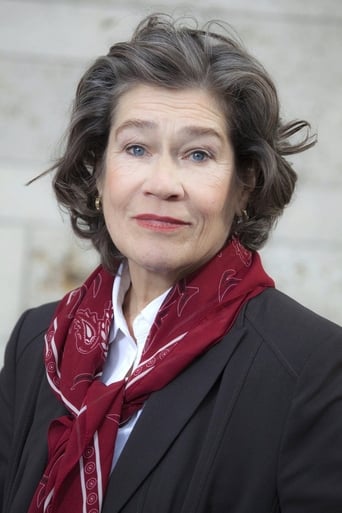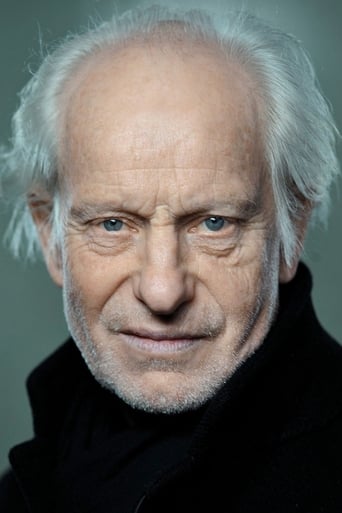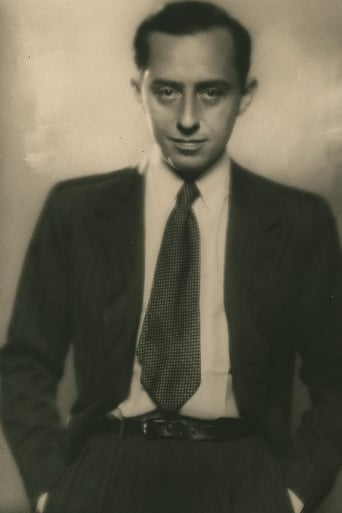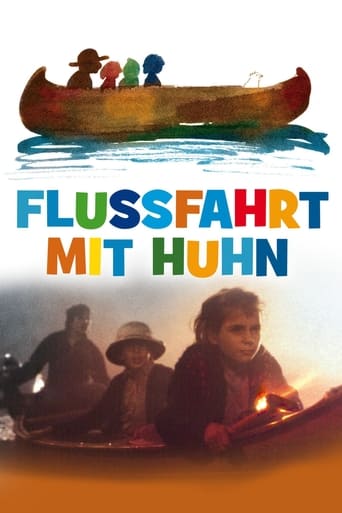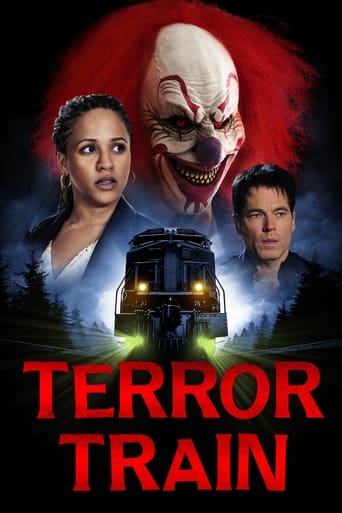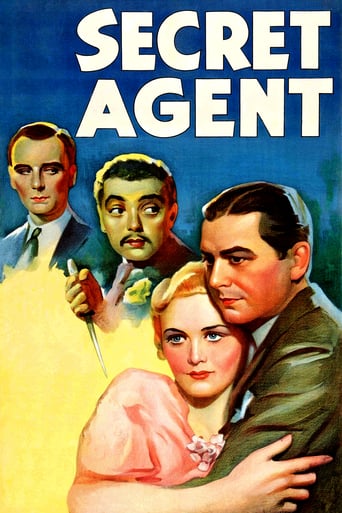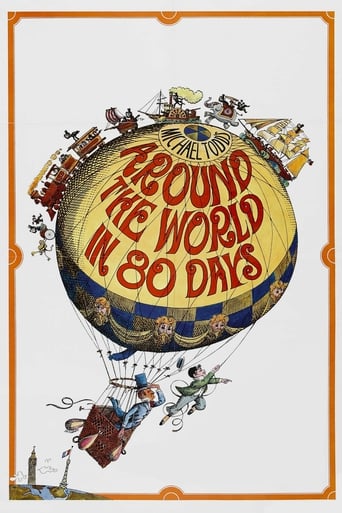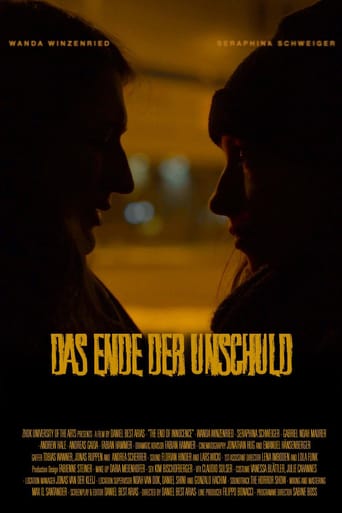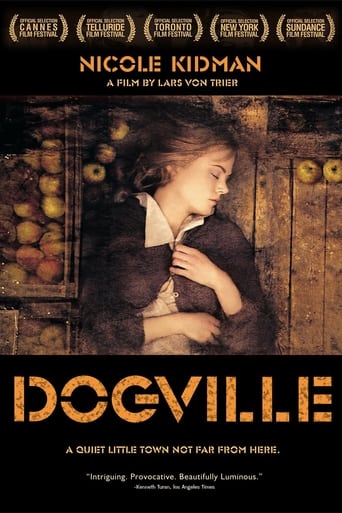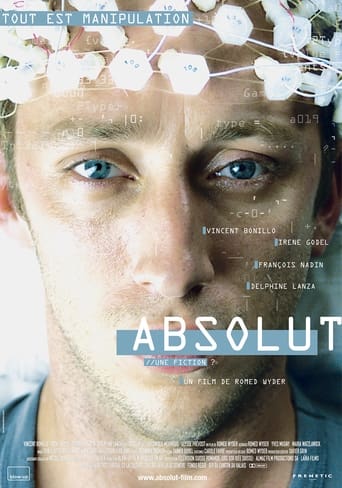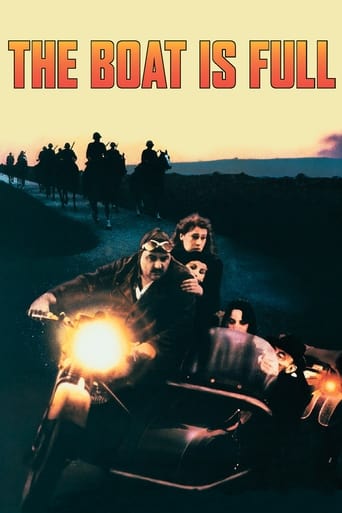

The Boat Is Full (1981)
During World War II, Switzerland severely limited refugees: "Our boat is full." A train from Germany halts briefly in an isolated corner of Switzerland. Six people jump off seeking asylum: four Jews, a French child, and a German soldier. They seek temporary refuge with a couple who run a village inn. They pose as a family: the deserter as husband, Judith as his wife, an old man from Vienna as her father, his granddaughter and the French lad, whom they beg to keep silent, as their children. Judith's teenage brother poses as a soldier. The fabrication unravels through chance and the local constable's exact investigation. Whom will the Swiss allow to stay? Who gets deported?
Watch Trailer
Cast


Similar titles
Reviews
"Das Boot ist voll" or "The Boat Is Full" is a 100-minute film from 1981, so it has its 35th anniversary this year. It is a collaboration between Switzerland, West Germany and Austria, so the main language in here is of course German. The director is Swiss filmmaker Markus Imhoof (recently successful with a documentary on bees) and he is also the one who came up with the screenplay by adapting Alfred A. Haesler's book. The only cast member I have heard of before I think is Tina Engel and this is also only the case because I recently watched her Christa Klages film (von Trotta). This film was not only Switzerland's official submission to the Oscars for the Foreign Language Film category, but it is also one of the most successful Swiss film as it actually managed to get the nomination, but lost to the Hungarian submission by István Szabó starring Klaus Maria Brandauer.But back to this movie here. It deals with the situation of immigration during World War II. As everybody with basic interest in politics knows, Switzerland was a neutral country all along and they chose the approach of saying that their boat is full which means it did not allow refugees or foreigners in general to enter and stay Switzerland without lots of bureaucracy going along with it. It was very difficult and this is also depicted in this movie here. The good thing is that it digs kinda deep in working on the Swiss history in the first half of the 20th century and it is not about making Switzerland look goo, but it is about depicting things the way they actually were, even if it may make Switzerland look not so good.All in all, I cannot say I recommend the watch a whole lot. The characters were actually somewhat interesting early on, but the longer the film went the less interesting the characters and everything around them became. This is always pretty disappointing for me as it is probably my favorite period in history and I find it really interesting to see new aspects about this time, like it is done here about Switzerland. As a whole, I have to say that the film did not bring anything new really to the table that could be interesting to audiences outside of Switzerland too. I have seen many World War II / Nazi Germany films and this one here delivers nothing that was not done already in other projects (frequently better). I give it a thumbs-down. Not recommended. If you still want to see it, make sure you get subtitles. Even as a German native there are big parts that you won't understand otherwise because of the thick Swiss accent.
In 1996 a panel was created called the Independent Commission of Experts headed by historian Jean Francois Bergier to study Switzerland's wartime past. The report of the Bergier Commission, though acknowledging the many refugees Switzerland accepted during 1940-45, condemned its wartime practices of deporting Jewish refugees (around 30,000) back to Germany, accusing Swiss officials of pursuing an inhumane policy at odds with the country's tradition of offering asylum to those facing persecution. A Swiss/Austrian/West German co-production, Markus Imhoof's striking drama The Boat is Full dramatizes this issue, challenging myths about Swiss wartime virtue and innocence.Nominated for an Oscar in 1982 for Best Foreign Film, The Boat is Full is not widely known in the U.S. but it is one of the finest films dealing with the holocaust. In the film, a group of German Jewish refugees must pretend they are a family in order to be granted asylum in Switzerland (refugee families with children under 6 are allowed to remain in Switzerland) but are faced with the rigidity of small-minded bureaucrats who see it as their duty to uphold the letter of the law. As the film opens, a German train is halted because of a Swiss attempt to wall off the tunnel to close potential escape routes. Six people, four Jews, a French child, and a deserting German soldier jump off the train and seek refuge at a rural inn, run by a married couple Laurent and Franz Fluckiger (Renate Steiger and Mathias Gnadinger). It is only afterwards that they discover that the country maintains strict quotas and that they are in danger of being deported.To survive, they pose as a family. Judith Kruger (Tina Engel), a young woman, pretends that she is the wife of Karl Schneider (Gerd David), a Nazi deserter, an elderly man from Vienna, Lazar Ostrowskij (Curt Bois) pretends to be her father, and a young boy (Simone Maruice), who can only speak French, pretends that he is a deaf mute. The scheme is threatened, however, when a hard-nosed constable comes to investigate and Judith's real husband escapes from a work camp and tries to find her. Though we do not know the protagonists on other than a surface level, The Boat is Full is still a powerful film that reminds us that rigidly supporting the letter of the law does not always mean adhering to its spirit, or understanding the personal consequences that may result.
This is a rather small movie, realistic, concentrating on its people. German and Austrian refugees come to Switzerland, find shelter at a countryhouse and experience that they are not really wanted there because the Swiss have their own problems yet they are not in war. It's a dense movie, with authentic actors and simple but convincing dialogues.The fact that it ends up not in one big but in some smaller singular tragedies is not particularly stressed; the true story the movie is based upon is told plainly, without cinematic flamboyance and therefore the movie gains a somewhat disturbing, unpleasant touch. Actually, this is the first Swiss World War II movie I've seen and it was interesting to get to know their point of view too. I recommend this.
Slow moving film from Switzerland that takes place during WWII where six people seek refuge in a village inn, much to the discomfort of the couple who runs the place. The group attempts to pose as a family, but their plans are thwarted. Although there are wonderful performances from Engel and Bois, as two Jews, the story doesn't stay strong enough to last the almost two hours running time. Oscar nominated for Best Foreign Language Film of 1981.


